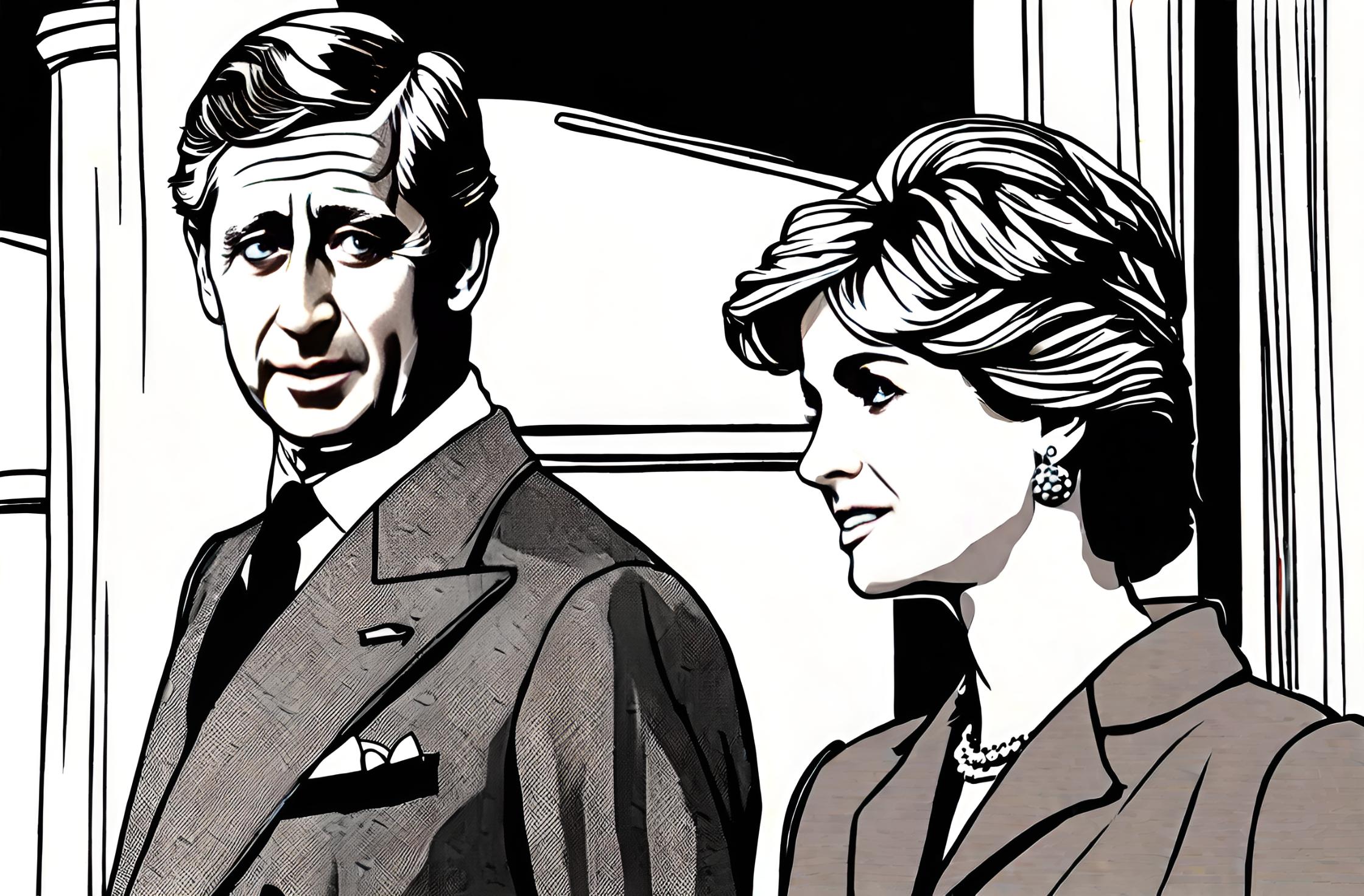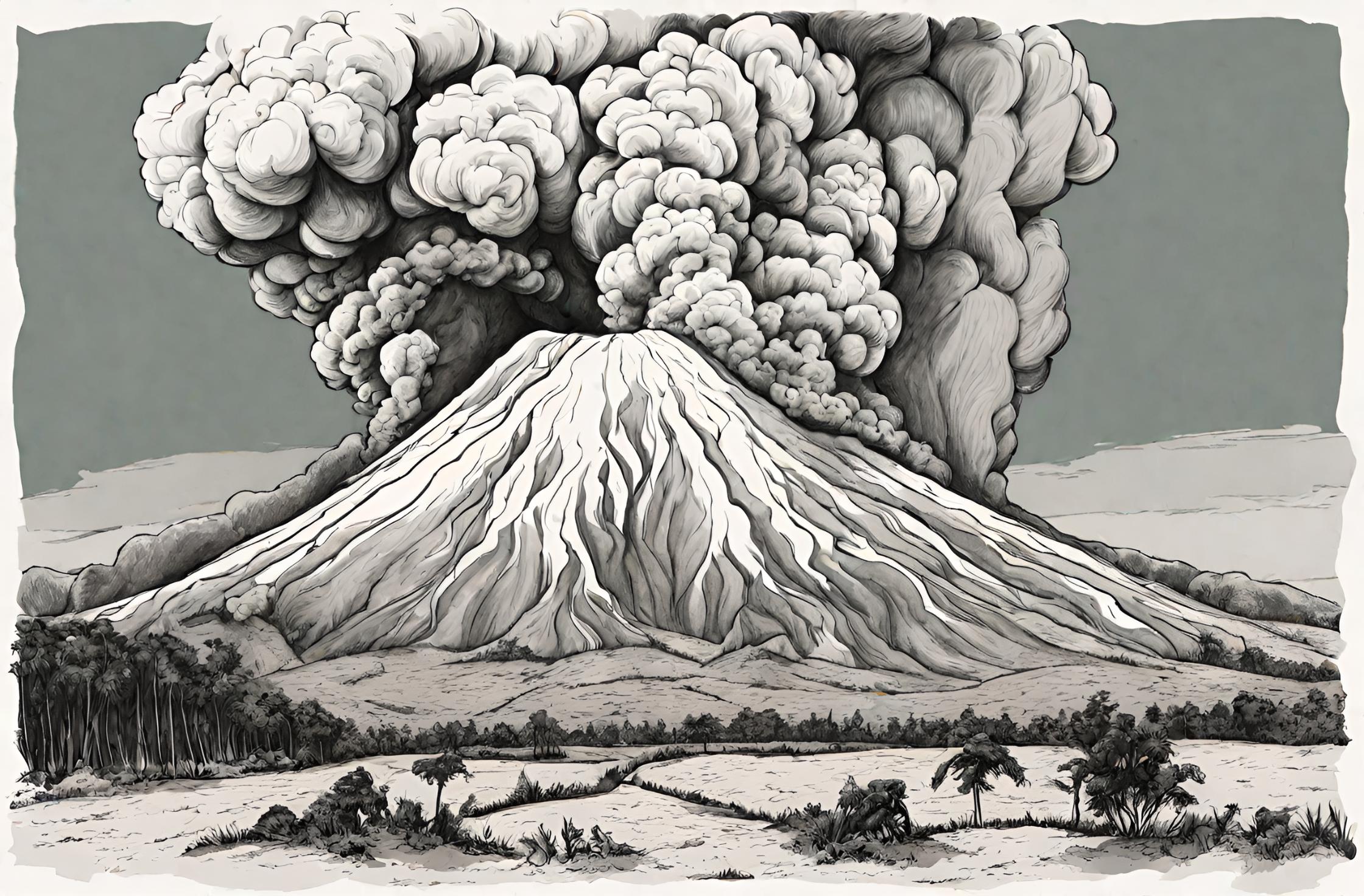Flashback to August 28
World History

0475
The Roman general Orestes forces western Roman Emperor Julius Nepos to flee his capital of Ravenna and appoints his own son Romulus Augustus in his place.
Read moreThe history of the Roman Empire is filled with tales of power struggles, ambitions, and political intrigue. It’s a saga that reveals how the Romans managed their empire. One significant event that warrants a closer look occurred on 8/28/475, when the Western Roman Emperor Julius Nepos was forced to abandon his capital, Ravenna. He was pressurized to do so by a high-ranking Roman General, Orestes. The fascinating aspect of this incident is that Orestes had no desire for the throne. Instead, he appointed his own son, Romulus Augustus as the new emperor in place of Julius Nepos. This event was indicative of the complex political landscape of the once-mighty Western Roman Empire.
Orestes, the Roman general, wielded substantial power and influence. His military experience, strategic acumen, and a deep understanding of Roman politics propelled him into a place of significant influence. Having served the empire in numerous capacities, Orestes was well-versed in the intricacies of power play. However, his choice to appoint his son Romulus Augustus in place of Julius Nepos, instead of claiming the throne himself, gives an insight into his pragmatic approach to power politics.
Romulus Augustus, despite being the titular emperor, was essentially a puppet ruler, with his father pulling the strings from behind the scenes. Orestes’ decision to put his son on the throne served two purposes. It kept the throne within his family and allowed him to exercise real power without the risk and responsibility that accompany the title of emperor. This extraordinary decision made Romulus Augustus the youngest and last Roman emperor in the West.
Julius Nepos, having lost his grip on power and his seat at Ravenna to Orestes, had no choice but to flee. The political climate was hostile and threatened his life and reign. Despite being the legal ruler and recognized by the Eastern Roman Empire, his authority was essentially undermined by Orestes and his supporters.
The chain of events leading up to his ousting were significant in shaping the ultimate decline of the Western Roman Empire. The power shift that led to the appointment of Romulus Augustus, a child-emperor, signalled a move away from traditional Roman politics. It represented the decline in stability and continual changing of guards, contributing to the collapse of the empire.
The flight of Julius Nepos from Ravenna and subsequent instalment of Romulus Augustus has been depicted by several historians as an act of betrayal and as a sign of the empire weakening. Orestes, a general with significant power, used the situation to his advantage, driving Nepos from the capital and installing his own son as the puppet emperor. This event underlines the fragility of the political climate of the Western Roman Empire during that period.
the forceful exile of Julius Nepos, the installation of Romulus Augustus as the Western Roman emperor, and Orestes’ political manipulation placed a significant role in the downward spiral of the Western Roman Empire. The political upheaval, the flux of power, and the events of 8/28/475 were precursors to the fall of the empire. Despite the power and glory Rome once commanded, its annals were marred by betrayal, ambition, and political usurpation – lessons from history that continue to resonate today.
We strive for accuracy. If you see something that doesn't look right, click here to contact us!
Sponsored Content

Britain’s Charles, Prince of…
"Marking a major event…

Mount Sinabung in North…
On August 28, 2010,…

The Roman general Orestes…
On August 28, 475,…

76 die in an…
Tragedy struck Tajikistan on…

Abdullah Gnl is elected…
On August 28th, 2007,…

At Germany’s Ramstein Air…
On August 28, 1988,…

